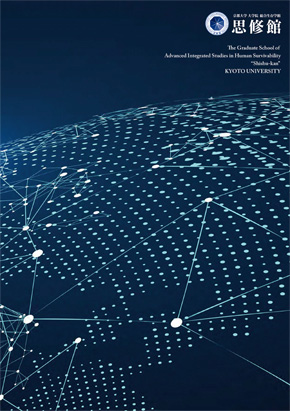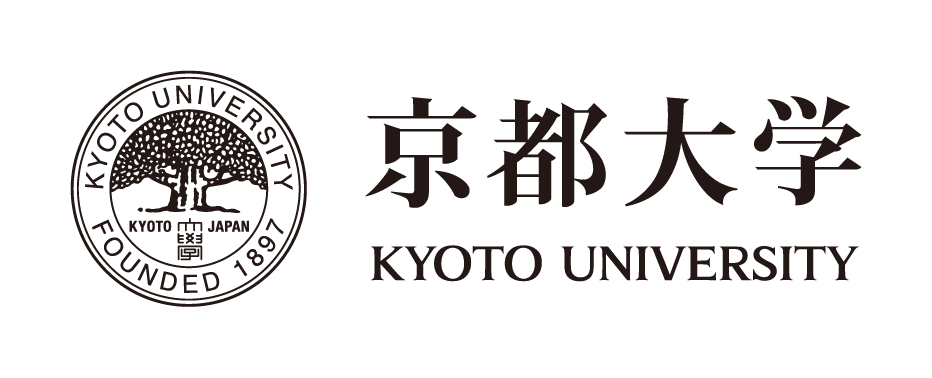Regional Integration in a Changing World
The purpose of the lecture will be to disentangle the various strands of the processes and projects that add up to European integration in order to understand their relation to global social transformations as well as to specific European dynamics. In particular, emphasis will be put on three distinct but connected transformative dynamics — economic, political, and cultural — that help to understand the limitations of regional integration in its traditional forms and to sketch possible futures for the EU. Furthermore, the workshop will present and illustrate the extensive literature on the role of problem definition and evidence in the policy process and also offer students the opportunity to conduct hands-on work on hypothetical responses to contemporary social transformations.
| Date(s) | Wed 15 Feb 2017 – Fri 17 Feb 2017 |
| Time | Lecture (1.5 day) Day 1: 15 (Wed) February 10:30-12:00, 13:30-15:00, 15:30-17:00 Day 2: 16 (Thu) February 10:30-12:00 |
| Evidence-informed policy making workshop (1.5 day) Day 2: 16 (Thu) February 13:30-15:00, 15:30-17:00 Day 3: 17 (Fri) February 10:30-12:00, 13:30-15:00 (conclusion of workshop) |
|
| Place | Lecture Hall, Kyoto University Higashi Ichijo-kan (2F) [ACCESS] |
| Intended for | Kyoto University students and researchers |
| Guest lecturer | John Crowley, PhD Chief of the Research, Policy and Foresight Section, Division of Social Transformations and Intercultural Dialogue, UNESCO |
| Lecture | The European experience of political and economic integration was, for a time, regarded as a model of regional integration and a template for other continents. It has indeed, in many ways, been remarkably successful in achieving its core objectives of peace, freedom of movement, and political cooperation through supranational law. More recently, however, both in Europe and beyond, the European Union is more likely to be perceived as in crisis: referendums reject it, economic convergence appears unattainable, political solidarity does not survive humanitarian emergencies, and hard power remains elusive. At certain level, both of these judgments are correct. The purpose of the lecture will be to disentangle the various strands of the processes and projects that add up to European integration in order to understand their relation to global social transformations as well as to specific European dynamics. In particular, emphasis will be put on three distinct but connected transformative dynamics — economic, political and cultural — that help to understand the limitations of regional integration in its traditional forms and to sketch possible futures for the EU, while also shedding light on how contemporary transformative dynamics might play out in other regions of the world. |
| Workshop on evidence-informed policy-making | The European Union — like many ambitious political projects — expressed a vision for which no real evidence was available. Creating lasting peace by economic integration was a bold project that had never been attempted before in anything like that form. While visions and aspirations are still common in politics, most concrete issues have a different form: policies are expected to provide "solutions" to well identified "problems" and to justify their claim to be solutions by relevant evidence. But what counts as "evidence"? How can its "relevance" be assessed? Do we really know what we mean by a "problem"? And how can very diverse kinds of evidence combine to "inform" policies? Using four examples directly related to contemporary European issues — fiscal discipline, migration control, welfare reform, responsible research, and innovation — the workshop will present and illustrate the extensive literature on the role of problem definition and evidence in the policy process. In addition to offering references and analytical tools, the workshop will also offer students the opportunity to conduct hands-on work on hypothetical responses to contemporary social transformations. |
| Language | English |
| Fee | Free of charge |
| Registration | Email name and affiliation to the following address with the subject: “Regional Integration in a Changing World”. Email: gsais-kyomu*mail2.adm.kyoto-u.ac.jp (Please replace * with @) |
| Registration deadline | Mon 13 Feb 2017 |
| Inquiries | Graduate School of Advanced Integrated Studies in Human Survivability, Kyoto University Email: gsais-kyomu*mail2.adm.kyoto-u.ac.jp (Please replace * with @) |
| Remarks | This seminar is supported in part by the Ministry of Education, Science, Sports, and Culture, Grants-in-Aid for Scientific Research (C), Grant No. 26350422 (2014-16). |



